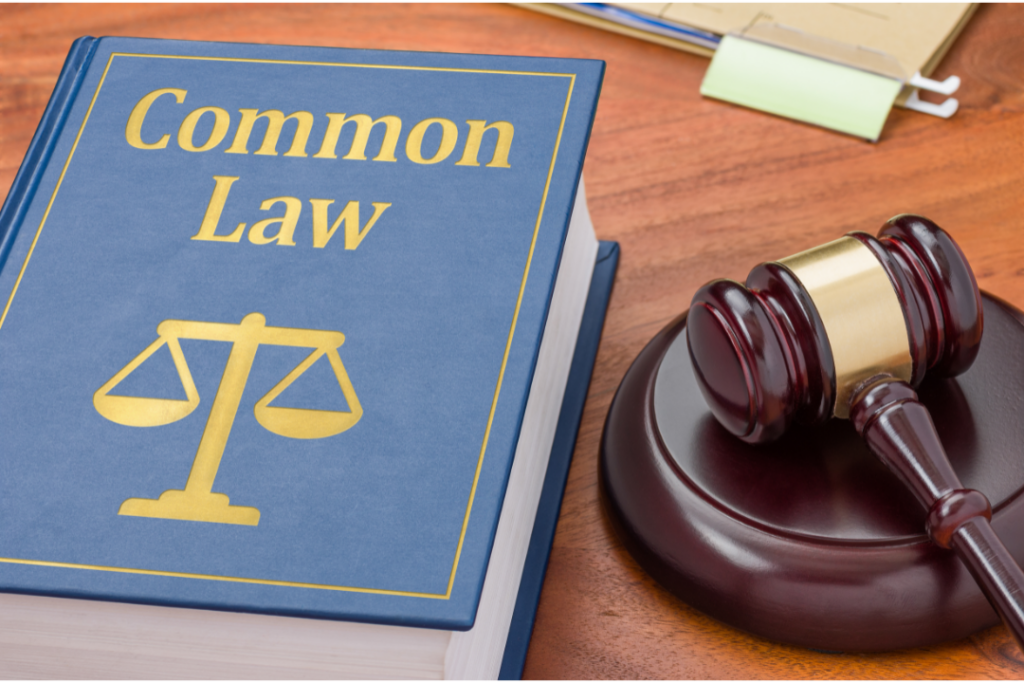
As a common law state, Texas does not require couples to have a legal piece of paper to have a marriage. However, this can pose problems when a couple no longer wants to be together.
A common law marriage is still subject to community property statutes, which can make separating assets difficult.
Common law marriage
The family lawyers Sydney Title 1 Subtitle A Chapter 2 Subchapter E states that couples merely have to live together after agreeing to marry. The state does not require a formal license. They simply have to represent themselves as married couple for the courts to consider them married.
Couples may file a declaration form through the county clerk’s office. This form registers their marriage in a more formal way beyond the simple declaration of intent.
There are provisions that negate the common law marriage. The court may consider couples who separate before the second anniversary without obtaining a legal license as not in a marriage agreement. In addition, minors and those already married cannot enter into an informal marriage.
Community property explained
The Texas State Historical Society states that both spouses equally own property acquired during their marriage. There are a few exceptions such as property received as a gift. Property that is not inherently sole property may also fall under community property.
During a divorce, the community property statute has profound ramifications for the majority of couples. Community property includes physical property along with assets and revenues with each spouse solely controlling their own property. However, when the property comingles, it becomes community property and subject to equal ownership and, potentially, division.
